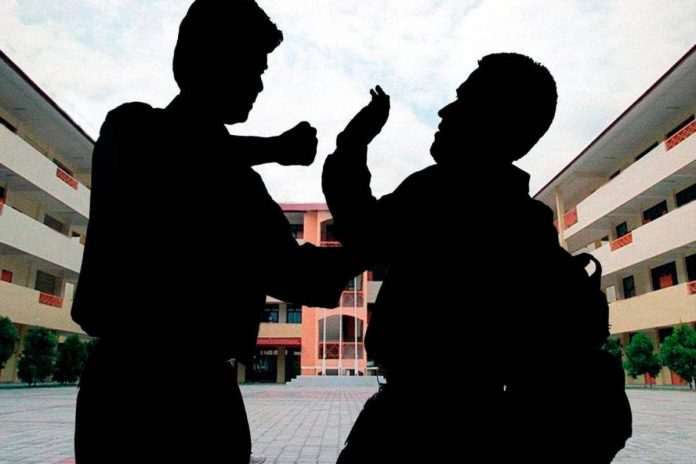SCHOOL bullying in Malaysia is no longer a fringe issue, nor should it be dismissed as typical adolescent mischief. It has evolved into a troubling societal phenomenon that demands urgent attention. Behind the pursuit of academic success and school prestige lies a harrowing truth — that many of our students, especially in secondary and boarding schools, are quietly enduring various forms of abuse. In a post-pandemic era marked by mental health fragility and the pervasive grip of social media, bullying has taken on more insidious and far-reaching forms — stretching beyond the schoolyard into the digital realm, inflicting wounds that are invisible but deeply damaging.
Today, bullying manifests in complex and often overlapping ways: from physical violence and intimidation, to verbal abuse, social exclusion, humiliation, and cyber harassment. Platforms like WhatsApp, TikTok, and Instagram have become breeding grounds for mockery and public shaming. Though some victims appear resilient on the outside, many suffer in silence — haunted by anxiety, fear, and a crushing sense of helplessness. The psychological toll can be devastating. Left unchecked, it may spiral into depression, self-harm, or suicidal ideation.
But bullying does not happen in a vacuum. It is fueled by deeper structural and cultural issues — including a lack of consistent moral education, toxic peer dynamics, unregulated exposure to harmful online content, and the rigid seniority systems often entrenched in boarding school environments. When empathy, respect, and emotional intelligence are sidelined, students may resort to dominance as a currency for attention and acceptance. Alarmingly, cruelty is sometimes normalized — passed off as jokes, hazing rituals, or misguided notions of “toughening up.”
This points to a moral and systemic crisis within our schools. Educational institutions must be more than places of learning — they must be sanctuaries of safety and character development. That means going beyond superficial campaigns or zero-tolerance slogans. The protection of victims and witnesses must be non-negotiable. Clear, confidential, and student-friendly reporting channels must be in place to ensure that every voice is heard without fear of retaliation.
School counseling services need urgent reform. They must become visible, approachable, and adequately staffed — not an underfunded footnote in the school budget. Counselors must be empowered to act swiftly and supportively, treating each case of bullying not just as a disciplinary issue but as a trauma requiring care and follow-up.
In boarding schools, the role of wardens must be elevated. They are not just enforcers of curfews, but front-line guardians of student welfare. Routine patrols, real-time incident logs, surveillance in shared areas, and periodic engagement with students should be the norm. More importantly, wardens must be trained in trauma sensitivity and conflict mediation. They must become mentors, not merely monitors.
Accountability is key. Schools must resist the temptation to conceal bullying incidents for the sake of preserving institutional image. Cover-ups are not only unethical — they betray the trust of students, parents, and the wider community. Every reported case must be investigated with transparency and, when necessary, referred to relevant authorities such as the police or child protection services.
Parents, too, have a crucial role to play. Open, honest conversations at home can reveal early signs of distress. Children should know that they are safe and believed — whether they are victims, witnesses, or even perpetrators needing reform. Parental oversight of digital activities and close collaboration with educators can help stem the tide of online bullying.
On a societal level, we must shed the harmful notion that bullying is a rite of passage. It is not. It is a sign that something has gone gravely wrong in the way we teach, raise, and relate to our young. Emotional abuse is not “tough love,” and enduring pain is not a character-building exercise. We must build a culture that values kindness as strength, and silence as complicity.
Our children are more than students — they are the future stewards of this nation. To let them suffer in fear and shame is to gamble with the country’s moral fabric. We must not raise achievers at the cost of empathy, nor produce scholars who are emotionally broken.
Ultimately, school bullying is a warning — a flashing red light signalling that our educational system is neglecting its deeper purpose: to raise not just smart minds, but strong hearts. The solution lies not in isolated punishment, but in unified reform — where educators, parents, policymakers, and communities come together to create safe, inclusive, and values-based environments.
This is not merely an education issue. It is a national imperative.
Writer:
Dr. Muhammad Haziq bin Zaini
Senior Lecturer
Centre for Fundamental Studies
Management and Science University (MSU)








